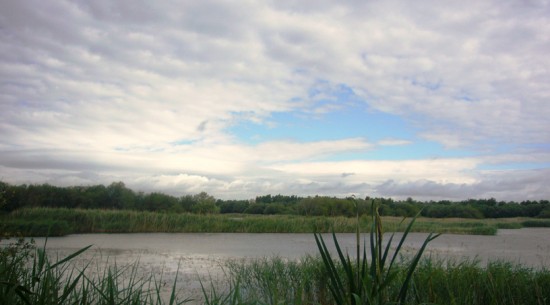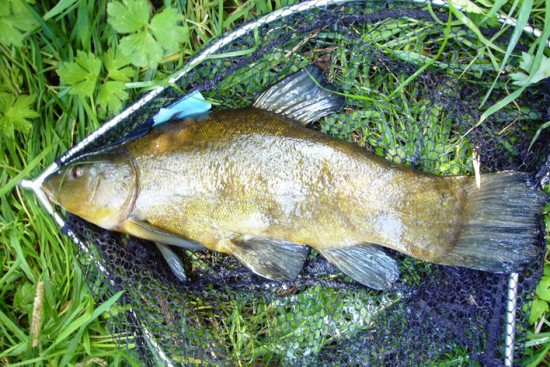
by Paul Cowlishaw.
So the longest day crept up on us again, blessed us with light and disappeared as quietly as it arrived. I made a valiant effort to greet it as there’s a certain satisfaction to be gained from watching the sunrise on the summer solstice, echoing perhaps from a time when we were more attuned to the shifting of the seasons. But I wasn’t sure whether the stirrings in my gut – as I stared at the horizon beyond the lake in front of me, hoping that the clouds would part – were primeval stirrings or whether I simply hadn’t forced down enough muesli earlier. I was, however, out hunting for tench, a fish long associated with endless summer days.
Fittingly, I was gazing to the east while in the ‘land of the summer people’, the meaning of the Anglo-Saxon word ‘Sumorsaete’, from which Somerset is said to get its name. I was in the Somerset Levels to be more precise, the flat, low-lying expanse between the Quantock and Mendip Hills which, at the end of the last ice age, was under water. Subsequently, layers of peat built up to create the wetland area it is now. Since prehistoric times, the higher settled areas were linked by timber trackways and the earliest inhabitants were nomadic, moving down to the wetlands during the summer when the water levels were low – hence ‘the summer people’. The nomads would have found a rich harvest here, of both flora and fauna, outweighing the difficulties of living in a boggy, frequently flooded land. They would have hunted in the swamp, fished in reedy pools and they would have celebrated the solstice.
Since then the land has been drained and tamed, although it still retains an air of wildness. It is a sparsely populated, open landscape with wide, striking skies, little woodland and winds that can whip in unimpeded from the Bristol Channel. It is a land of pollarded willows lining the droves, their roots heaving the tarmac, of withy beds, soft pasture and of great black soil scars flecked with bone. Yet it is still a watery landscape. The water sucked from the marshes drains away in numerous rhynes and channels and also fills the pits left by the peat diggers, to form lakes and ponds. Most are conserved for wildlife but there are a few, like the one I sat beside last Tuesday, where you can fish. But this is a very different tench water to an idyllic home counties estate lake, surrounded by carefully manicured gardens, rhododendrons and quaint follies. These lakes are open and unsheltered, surrounded by low scrub and the water is stained dark by the peat tannins. There are few lily pads, but the wind folds the surface ripples into vast swaying beds of reed and mace.
Both instinct and foklore suggest this is a good day to go fishing. The natural world is rich and verdant and fairies bestow, at this time, good luck on humans. The ancients celebrated with bonfires to add to the sun’s energy and ward off evil spirits and I had my kelly kettle with me, ready to be fired up when things were slow. I settled down to fish, mesmerised by the light playing on the ripples that undulated past my float and the muttering of the reeds was interrupted only occasionally by the swish of cane as I cast into the breeze.

Meanwhile, the fairies duly cast their spells. Eventually my float dipped and I lifted the rod into a good fish. After a brief tussle, a swarthy, full-bodied tench was on the bank. As I looked at it, I sensed another deep stirring. It might have been my stomach telling me it was time for a lunchtime pint on the way home. Or may be it was a more obscure form of atavistic longing, a distant gnawing as I gazed at my dark, peaty-green quarry, a symbol of the season ridden with the shades of an ancient landscape. There’s no doubt that I was thirsty, but I like to think it was the latter.
This time last year we published a lovely piece from Paul entitled ‘Fishing at Glastonbury’. You can read that by clicking HERE.